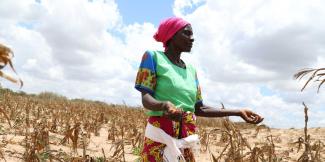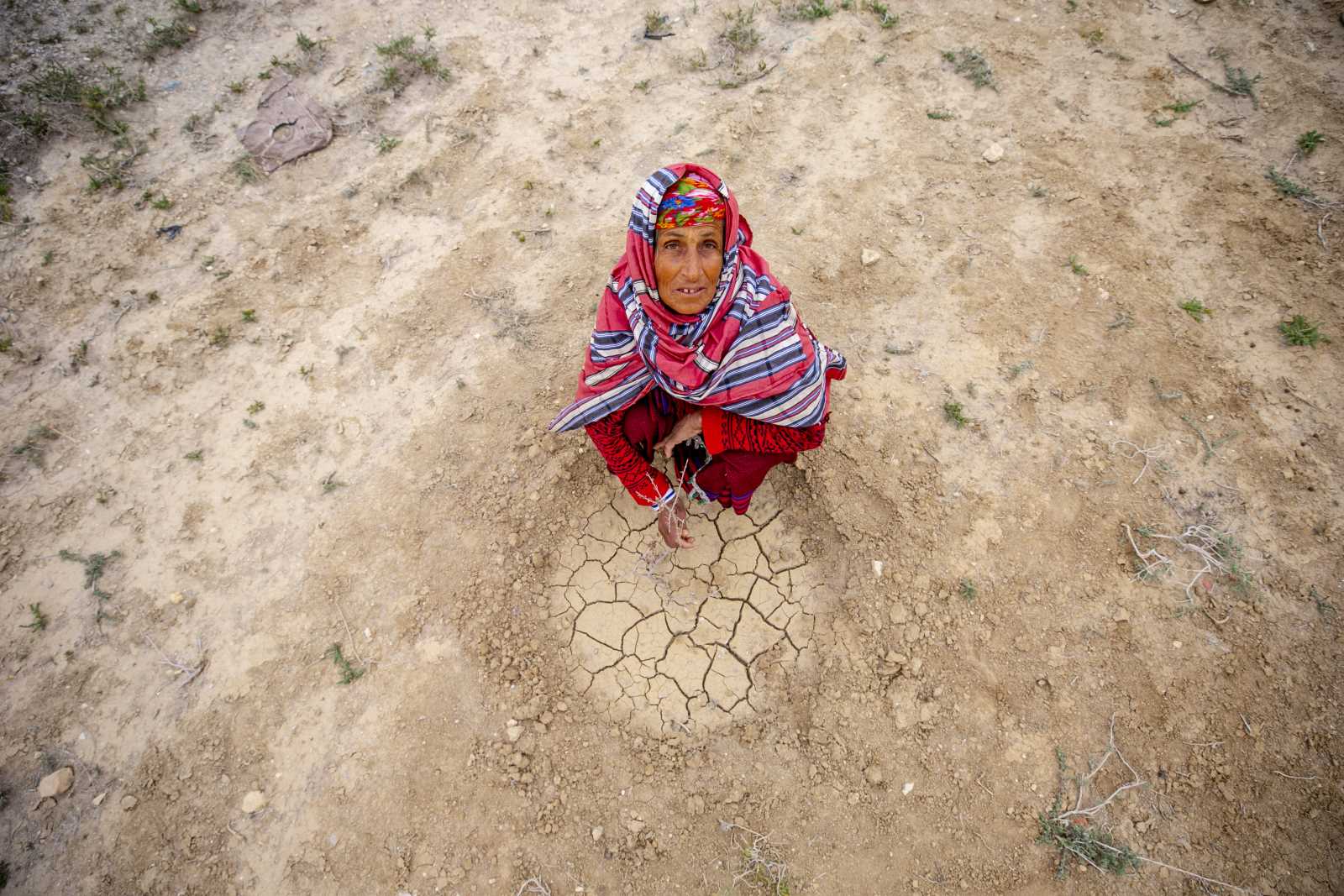Our view
There is no excuse for lacking action anymore

“Natural” basically means that something is not influenced by human beings, and human-made climate change is making extreme weather both more frequent and more extreme. Hurricanes and cyclones now tend to bring more rain than they used to do. In Eastern Africa, severe droughts normally occurred every 10 years or so. Now the region must cope with the excruciatingly third dry year in a row.
The World Meteorological Organization released its State of the Global Climate 2021 report in May. It lists high-impact events for the following categories: heatwaves and wildfires, cold spells and snow, precipitation, flood, drought, tropical cyclones and severe storms. The entire planet is affected. While not every heatwave or blizzard is a disaster, weather events are certainly leading to vast losses and damages. The UN Office for Disaster Risk Reduction warned in April that, at current trends, humanity is experiencing 350 to 500 medium to large-scale disasters a year. The number is set to rise to 560 by 2030. That would imply a global rate of 1.5 disasters every day.
Both climate mitigation and adaptation must become top priorities. Greenhouse-gas emissions are fuelling global heating. Prosperous nations deserve most of the blame, though China and other large emerging powers are catching up fast. All nations, whether rich or poor, must switch to sustainable energy systems.
At the same time, policymakers and community leaders in climate-vulnerable world regions must help communities to adapt. Where settlements are built inappropriately close to riverbanks, for example, flooding will eventually wash away homes. Where groundwater is depleted, the impacts of drought will be worse. Where monocultures replace diverse ecosystems, extreme weather can wreak more havoc.
Resilience of individuals, local communities and entire nations results from good planning, prudent policies and sustainable economic activity. Development must make that happen. As I argued in this space two months ago, the safety and prosperity people enjoy in high-income countries is not simply the result of high purchasing power. How societies are organised matters even more. Where government, private sector, scientific research, the legal system and other sectors interact dynamically, benefits arise in terms of stronger infrastructure, more employment opportunities, better social protection, a general abundance of both private and public goods and broad-based insurance coverage. Sociologists speak of “functional differentiation”. This kind of modernisation improves peoples’ lives.
Unrestrained growth is not the goal, however. Without radical climate mitigation, adaptation will fail everywhere. If global temperatures keep rising, what we call extreme weather today will be considered normal tomorrow, while new extremes will feel even more shocking. The global impacts will be very serious indeed. For example, failing harvests will dramatically compound inflation, and central banks will not be able to do anything about it. One thing is sure, however: we will not be able to blame nature.
Hans Dembowski is the editor in chief of D+C Development and Cooperation / E+Z Entwicklung und Zusammenarbeit.
euz.editor@dandc.eu














